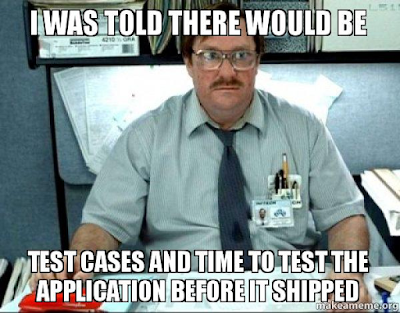Being proactive is an underrated skill in testing - Bloggers Club March 2022
Most of the time, when people hear the term "software testing" the first thing that comes to mind is just that - testing some software, which usually involves reporting a lot of bugs, designing test cases, doing exploratory testing sessions, working on automated checks, etc. But, there are a lot of other ways in which a tester can contribute to the overall quality of the product.
So what exactly would proactive thinking be, from a tester's perspective? A tester does not have to be just a bearer of bad news, as a tester sees the system as a whole and gets plenty of chance to interact with it, the said tester can also gain a lot of useful insight into the system. One of the most important aspects of our job is to provide information, sometimes that information needs to be distilled down into more succinct formats, but also, a tester should proactively act on the information he/she gains.
Just because you might not find any obvious bugs in a feature you're testing it does not mean your time is wasted, or that you should just halt your effort at verifying that it was built according to the specs and call it a day. Often you will find things that could be improved, this is where the proactive parts come to play, you will need to be diplomatic about it (this depends on the maturity of your team, more than anything else) and sometimes you might need to convince some of the decision-makers that "good enough" is not enough sometimes. Researching established competitors of your product can give you ideas and inspiration on how to improve certain aspects of your application.
I know that some people might be thinking that this is more effort than it's worth, or might be just starting out and could be worried that nobody will listen to them if they try to make suggestions, but even if you don't know what to suggest, or how to go about it, at the beginning of your career, don't sweat it too much, your time will come!




Comments
Post a Comment